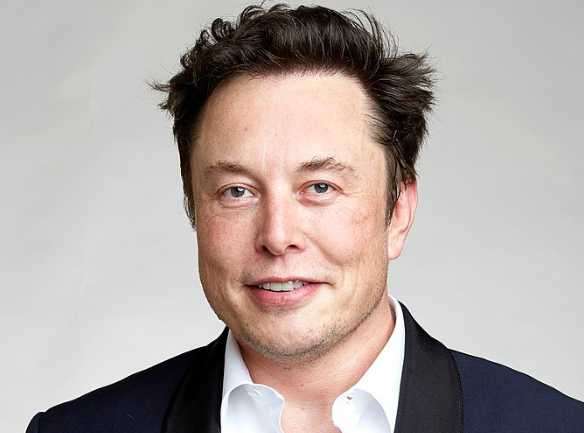“They’re going to put everything on the table,” one Republican lawmaker said of Elon Musk and Vivek Ramaswamy.
Republican lawmakers on Thursday signaled a willingness to target Social Security and other mandatory programs after meeting with Elon Musk and Vivek Ramaswamy, the billionaire pair President-elect Donald Trump chose to lead a new commission tasked with slashing federal spending and regulations.
Though the GOP’s 2024 platform pledged to shield Social Security, the party has reverted to its long-held position in the weeks since Trump’s election victory, with some lawmakers openly attacking the program while others suggest cuts more subtly by stressing the supposed need for “hard decisions” to shore up its finances. (Progressives argue Social Security’s solvency can be guaranteed for decades to come by requiring the rich to contribute more to the program, a proposal Republicans oppose.)
On Thursday, Rep. Ralph Norman (R-S.C.) emerged from a meeting with Musk and Ramaswamy with the message that “nothing is sacrosanct.”
“They’re going to put everything on the table,” said Norman, one of the wealthiest members of Congress.
After airing Norman’s remarks, Fox Business reported that Musk and Ramaswamy told lawmakers that no federal program is safe from cuts, “and that includes Social Security, Medicare, and Medicaid.”
NBC News congressional correspondent Julie Tsirkin said Thursday that after meeting with Musk, Sen. John Thune (R-S.D.)—who was recently elected Senate majority leader for the upcoming Congress—told her that “perhaps mandatory programs are areas that they’re looking to make cuts in, like Social Security, for example.”
“But again, no specifics were laid out there,” Tsirkin added.
Thune has previously voiced support for raising Social Security’s retirement age, a change that would cut benefits across the board.
In the days leading up to their Capitol Hill visit, both Musk and Ramaswamy took swipes at Social Security, Medicare, and Medicaid and made clear the programs would be in the crosshairs of their advisory commission, which is examining ways to slash federal spending without congressional approval.
Earlier this week, Musk amplified a series of social media posts by Sen. Mike Lee (R-Utah), who once said he hopes to “get rid of” Social Security, Medicare, and Medicaid. Defenders of Social Security saw Lee’s thread, and Musk’s apparent endorsement of it, as a declaration of war on the New Deal program.
Days later, Ramaswamy said in an interview with CNBC that “there are hundreds of billions of dollars of savings to extract” from Social Security, Medicare, and Medicaid, claiming the programs are rife with waste, fraud, and abuse.
“People love to have lazy armchair discussions about, oh, are you going to make cuts to entitlements or not, when, in fact, the dirty little secret is that many of those entitlement dollars aren’t even going to people who they were supposed to be going to in the first place,” said Ramaswamy, advancing a narrative that observers warned could be used to justify additional bureaucratic barriers making it harder for eligible people to receive benefits.
Sen. Sheldon Whitehouse (D-R.I.), chairman of the Senate Budget Committee, said Thursday that the Trump-GOP agenda is “so predictable.”
“Tax cuts for billionaire donors; benefit cuts for people on Social Security—how the billionaires loot our country (what, not rich enough already, fellas?),” Whitehouse wrote on social media.
In a column on Thursday, MSNBC‘s Ryan Teague Beckwith wrote that “Republicans somehow keep coming back to the idea of cutting Social Security” despite widespread opposition to such cuts among the American public.
“Would Trump try to cut Social Security? It’s hard to say. Over the years, he has staked out every possible position on Social Security—sometimes within hours of each other,” wrote Beckwith, noting that Trump previously called the program a “huge Ponzi scheme” and backed calls to raise the retirement age.
“So if Republicans—or Musk—decide to propose changes to Social Security benefits,” Beckwith added, “it’s possible that he might go along with it.”
Common Dream’s work is licensed under a Creative Commons Attribution-Share Alike 3.0 License. Feel free to republish and share widely.
[content id=”79272″]






